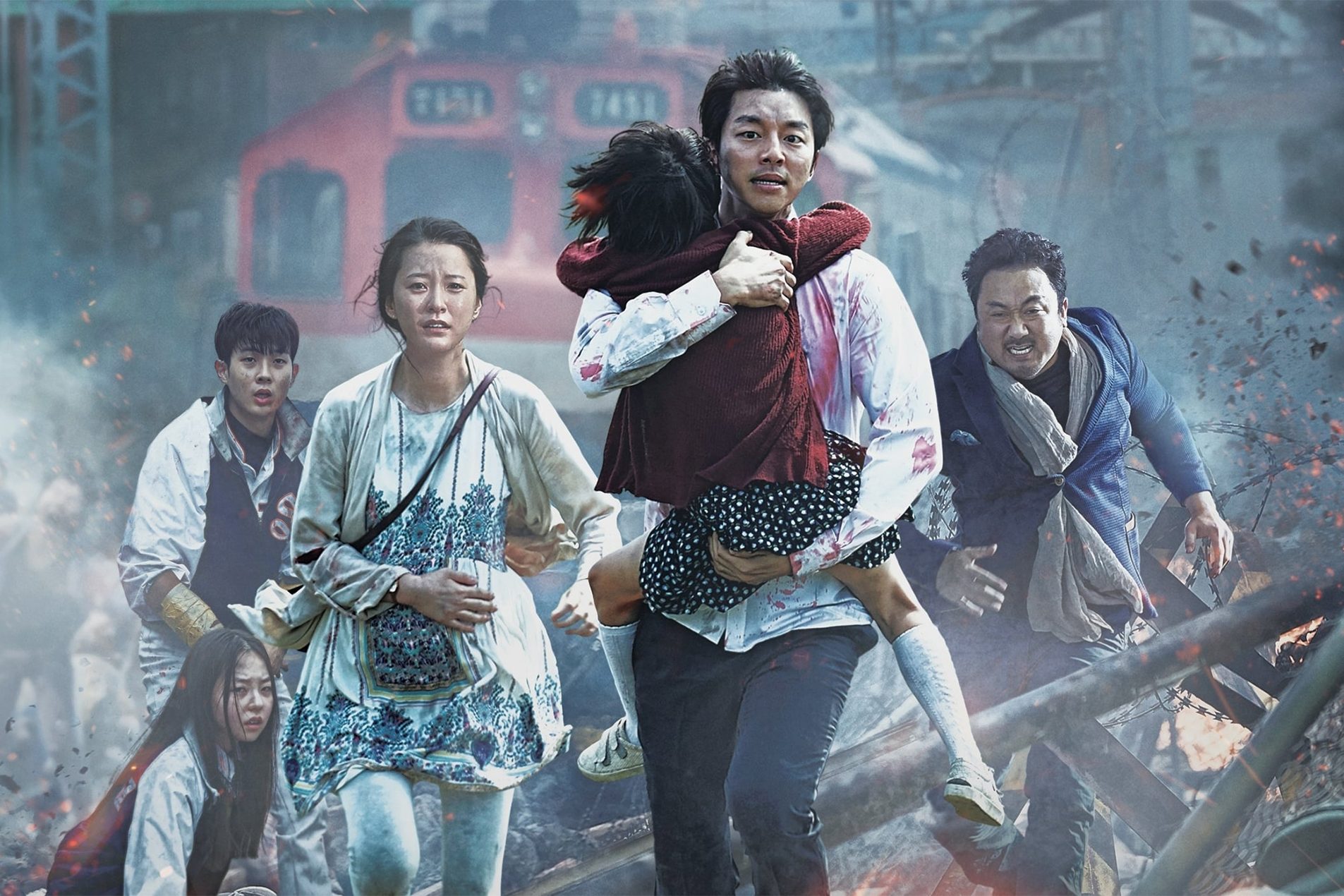Everyone can agree that zombie movies are overdone and overplayed. It’s usually set in some dystopian future or apocalypse. The population attempts to escape the clutches of the zombies — and not even the fast ones. They are slow, and the pacing of the film usually is as well. Unless there are distinct elements, it’s just another zombie flop lost among countless others.
“Train to Busan” brings back the horror and thriller energy zombie movies used to be known for. It provides all of the classic plot points with exciting twists that keep the audience’s eyes peeled for more. Because of this, it’s such a shame Americans had to come back and ruin yet another thing because they aren’t creative enough to come up with something original. With that, I present to you “Last Train to New York,” the new American remake of “Train to Busan.”
It’s an unpopular opinion, but I am one of the few people that is all for the idea of a remake of a classic, incredible film. However, I am also someone that has standards. Films require a purpose. If a remake is being made, it should be because the producers want to tell a similar story in an entirely different way or enhance what’s already been created. I don’t believe in remakes that are specifically created just to steal people’s money by copying and pasting someone else’s creation, which is exactly why “Last Train to New York” doesn’t need to exist.
The South Korean film “Train to Busan” is one of the more successful recent zombie films. In fact, it was so successful that out of a budget of $8.5 million, it ended up grossing $98.5 million. $2.1 million of that was made in the United States and Canada. The movie was released in 2016 and fans are still raving about it to this day — myself included. The storyline follows a father and daughter traveling by train but while on board, a zombie outbreak occurs. “Train to Busan” presents a basic idea, but the location and types of zombies cause difficult and creative situations. It’s a fast-paced film with perfectly timed moments to breathe, and it never fails to take you along for the (train) ride.
No wonder audiences are livid after hearing about the remake. Similar to the phrase “If it ain’t broke don’t fix it,” why remake a film if it doesn’t need to be remade? I could be wrong. Maybe our gut instincts are wrong and the remake will be better than the original, but it’s hard to think of any way that the creators of “Last Train to New York” could successfully add original content while still giving off the strong energy of “Train to Busan.” When you already have a great standalone and sequel, there really isn’t much else needed. Or wanted.
Although there isn’t too much information out, this is what we do know about the remake so far. “Last Train to New York” will be directed by Tim Tjahjanto and produced by James Wan. Both are successful with their work and undeniably talented, which leaves fans still wondering why they would want to be a part of this project. Is it because they knew the original did well and are hoping to make a quick buck? I wouldn’t be surprised. Other speculations concern the location and the main characters’ journey. The end destination is New York, so many wonder if the film will begin in either Boston or Washington D.C. Other than that, this is all the information that has been released.
As I said earlier, I’m not opposed to remakes. However, I am opposed to Americans remaking international films just because they were mad that they weren’t creative enough to come up with them in the first place. To redo it, as if the original wasn’t enough just because it’s a foreign film. How hard is it for people to just read the subtitles? If that’s too much work for you, you shouldn’t be allowed to experience art like that to begin with. Or if that’s the case, why not use the money for accurate dubs, instead of whitewashing an entire movie?
I’m not the only one who feels this way. Once “Last Train to New York” was announced, fans of “Train to Busan” had no problem bringing their thoughts to Twitter. User @JeremyLackey15 tweeted, “They’ve already put out the title, Last Train to New York. It’s gonna be a derivative, pointless, whitewashed film that is going to be pushed more than the original. Just like The Ring, just like The Grudge. It’ll be pushed as the superior product.” Another user, @KieranIsWriting, wrote, “Imma jump in front of the last train to New York instead of seeing this movie.” Many other fans tweeted similar opinions.
A number of fans started suggesting that the day “Last Train to New York” is released, people should stream “Train to Busan,” an event I will definitely partake in. They want it to become trending all over social media to prove that not everything needs to be American to be good. With the recent release of “Squid Game,” I thought we were making progress with accepting cultures that might not be our own. I thought because of how popular it became, people could see just how much international art could thrive in the U.S. I was so excited for my friends to be just as excited as me about French films, Korean films, etc. Yet again, I was left disappointed.
It would be different if the U.S. only created remakes within reason, but it appears that many of the people in it are only money hungry and dream of fame — even if that means stealing an entire idea that will never be their own. I will not be seeing “Last Train to New York” because there is already an outstanding zombie train film out there, and that film is “Train to Busan.” I hope one day this movie, along with many other international films, gets the credit they truly deserve.

















